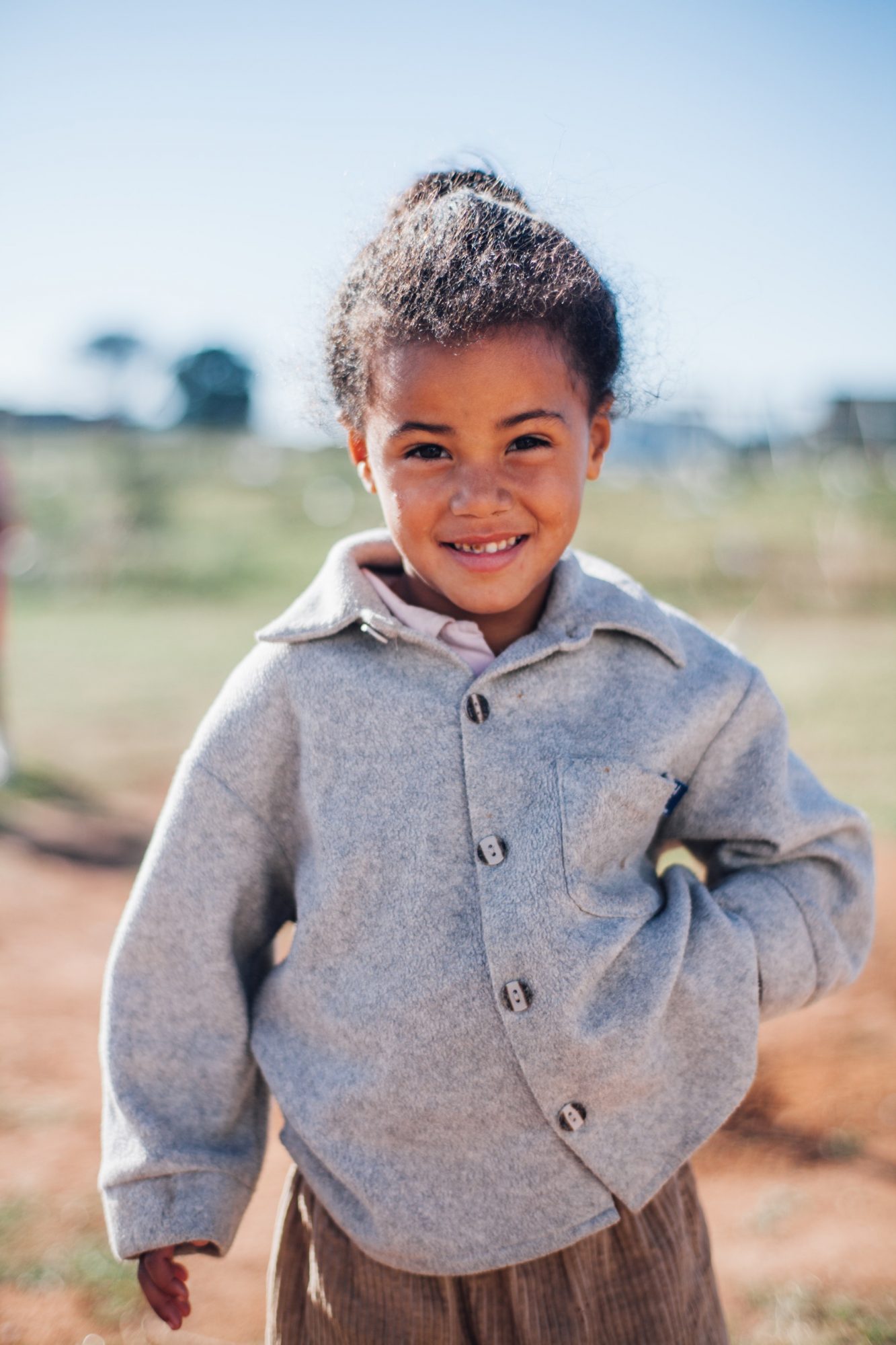Towards a child-friendly Europe

I was elected to the Eurochild Management Board in 2012. Since then, children’s rights are a lot more visible at European Union level, and significant progress has been made, especially in the field of child participation. But new challenges have risen, for example how to support and protect the tens of thousands of refugee and migrant children arriving in Europe each year.
In 2012, we faced a deepening social crisis in Europe, as a consequence of the economic and financial crisis in late 2007 and 2008. The number of socially excluded young people had increased as well as the number of young people not in employment, education or training (NEET). Families, especially families in vulnerable situations, were suffering from cuts in benefits and services. There was virtually no discussion on the important issue of combining work and family life.
At that time Eurochild was actively influencing the EU’s next seven-year budget to ensure attention to social inclusion. We were encouraged by the prospect of the Social Investment Package and the long-awaited Recommendation on Child Poverty and Well-being, which the European Commission adopted in February 2013.
Europe 2020
Now, with 2020 around the corner, it is interesting to realize that when I joined the Management Board, the Europe 2020 strategy was just taking shape. Because of the economic and financial crisis, the strategy set targets that would help the EU emerge stronger and more resilient.
From the Finnish point of view, we have reached the goals in respect of increasing the employment rate. But we are still struggling a lot with the goals that concern education, poverty and climate change. Unfortunately, the whole strategy document mentioned children only once, when talking about fighting poverty.
The fact is that sustainable policy takes account of children’s rights at every level. Applying the child impact assessment is the best way for politicians to pursue a child-friendly policy in all decision-making: not only in cases that affect directly children and families, but also in decisions that touch them indirectly. For me it is difficult to imagine any policy that does not have an impact on children.
The Europe 2020 strategy also highlighted that for Europe to succeed it needs to act collectively – as a Union. We know the story since then, and how hard it has been to achieve a shared vision and common goals. As a Union, we have simply failed.
From institutional to community-based care
I am very honored to have been part of the Eurochild Management Board over the last seven years. It is easy to be proud of the many achievements where Eurochild has made a smaller or bigger contribution. One area is the increased recognition of investing in preventive work, and the importance of the transition from the institutional care to the community-based care. If the right kind of help is available for children and families at the right time, the need for taking children into care decreases.
Eurochild has also supported the role of civil society in EU-level discussions. A strong civil society means more power for those whose voices are sometimes weak or left behind. We can also celebrate the EC recommendation on ”Investing in Children – Breaking the Cycle of Disadvantage”, which stressed the importance of overcoming the intergenerational transmission of social disadvantage.
During EU election year in 2015 Eurochild promoted the Child Rights Manifesto which succeeded in securing child-friendly MEPs in the European Parliament, and later the establishment of a Child Rights Intergroup. In particular Eurochild has tried to strengthen the link between advocacy at EU and national level, to amplify our influence.
New challenges ahead
Seven years later we face new challenges. Millions of children in Europe are affected by migration. The need for solid evidence to develop better policies on child migration has never been greater. Countries need to work together to find the right solutions.
For me, Eurochild’s greatest accomplishment has been the work it has done to engage children and young people directly in its work. Eurochild’s Child Participation Strategy shows how participation can become a part of our policy, advocacy and organizational development. The ‘Europe Kids Want´ online poll provides essential insight into children’s hopes and concerns. According to children, climate change is a key concern for the future.
As Eurochild we need to take these children’s concerns into account and see how we can set an example, adapting our own practices to be more climate-friendly.
Writer
Hanna Heinonen, Chief Executive Officer at Central Union for Child Welfare
hanna.heinonen(a)lskl.fi, tel. +358 40 838 4027
Kommentit (0)